Profit from the rise of the pampered pooch
Push chairs for cats and perfume for spaniels – the market for indulging your pet has gone crazy. But rational investors can cash in on the trend, says Chris Carter.

Get the latest financial news, insights and expert analysis from our award-winning MoneyWeek team, to help you understand what really matters when it comes to your finances.
You are now subscribed
Your newsletter sign-up was successful
Want to add more newsletters?
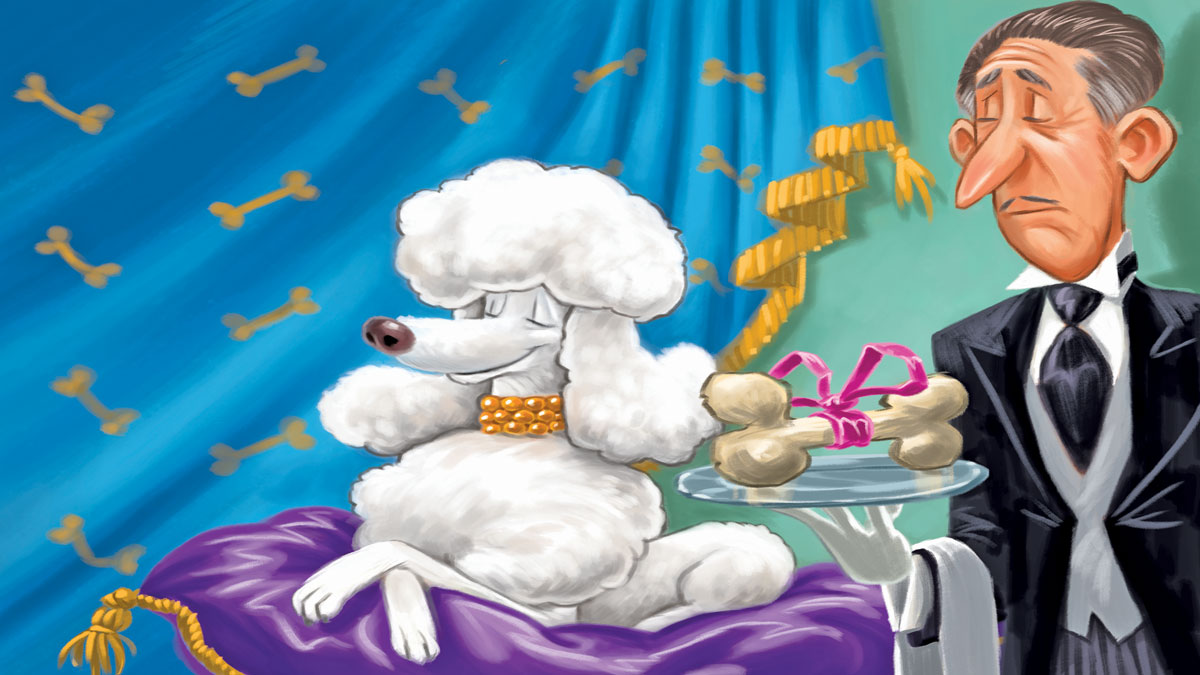
Push chairs for cats and perfume for spaniels the market for indulging your pet has gone crazy. But rational investors can cash in on the trend, says Chris Carter.
Sir Lancelot's owners were bereft when he died in 2008. So the Florida family had their labrador's DNA frozen and sent to a lab in South Korea. The next year, a sprightly puppy bounced off the plane at Miami International Airport. Sir Lancelot Encore was in every way like his father. He even had the same habits not surprisingly, since the puppy was an exact copy of his father.
Sir Lancelot Encore was the first commercially cloned dog, at a princely price tag of $155,000, although he wasn't the first cloned pet: cats being cats, they got there first, and did it cheaper. In 2003, a woman in Texas paid $50,000 to a biotech firm in California to "resurrect" her cat, Nicky, which had died at the age of 17. One year later, Little Nicky arrived.
Try 6 free issues of MoneyWeek today
Get unparalleled financial insight, analysis and expert opinion you can profit from.

Sign up to Money Morning
Don't miss the latest investment and personal finances news, market analysis, plus money-saving tips with our free twice-daily newsletter
Don't miss the latest investment and personal finances news, market analysis, plus money-saving tips with our free twice-daily newsletter
Paying thousands to clone a dead pet is extreme, of course. But it does highlight the level of commitment many people feel to their animals. One poll taken in America last year found that 95% of owners view their pets as part of the family, while almost half bought birthday presents for them. In Japan, Mocha, a chain of "cat cafs", where customers can enjoy coffee in the company of friendly felines, is just about to open its seventh branch in Osaka. It already has two in Tokyo's trendy Harajuku area.
To some, this may seem like madness. But pets are big business and one that's proving profitable for many investors. US confectionery giant Mars which also happens to be the second-biggest seller of pet food and products in the US has just agreed to buy VCA, one of America's biggest veterinary services firms, for $9.1bn, sending the share price soaring by nearly 30% on the day of the bid. As a result of the deal, Mars's pet-care unit will account for more than 50% of annual sales at a company better known for chocolate and snacks, says The Wall Street Journal.
Mars sees pet care as a growth area compared to feeding people and that's small wonder. As someone who shares his home with a four-year-old cat named Mimi, I can tell you that "parents" as the internet has taken to calling pet owners of "fur babies" are spoiled for choice for things to spend their cash on.
Suppose you want to go on holiday, but you don't have anyone to look after the cat. No problem. Your moggy can enjoy a "staycation" every bit as luxurious as yours. At The Ings Luxury Cat Hotel in Dewsbury, West Yorkshire, guests are checked in to their own "suites", with four-poster beds, damask-lined walls and flat-screen TVs. For the truly pampered puss, the hotel offers The Lodge at £25 a day, complete with "kitty pool", and an outside "catio" (bad puns and pet products seem to be made for one another).
Of course, if you're the type to buy this sort of five-star treatment, you're also likely to feel a touch of guilt for having left your pet behind. So how about a Bubbletastic Bacon Bubble Blower to buy back Fido's affection? For £20 it blows bubbles that taste of bacon yum. Or some perfume to dab behind your spaniel's ears? A small bottle of "Sexy Beast" costs around £45. Or a Nightstand Litter Box?
"In theory, this nightstand stylishly hides the litter box that you keep in your bedroom for some unknown reason," says website TwentyTwoWords.com. "Instead of having to look at said litter box, now you only have to smell what's inside right next to your bed and listen to your cat bury its poop at 2am." The price for that, if you were wondering, is around £80 (most of these products are priced in dollars, which gives a clue as to where you'll find the biggest market for dedicated pet indulgers).
Man's best friend
Even for relatively sober pet owners, owning a cat or a dog is an expensive business. In 2011, the lifetime cost came to £16,900 for a dog, and £17,200 for a cat, says Sainsbury's Pet Insurance. Throw in wacky extras, such as a clip-on high chair so your dog can sit at the dinner table, and a cat push chair (more on these in a moment), and those figures start to look like very conservative estimates.
So what lies behind this rampant pet indulgence? In a word, demographics. In Japan, Combi, one of the country's biggest baby products makers, saw sales of push chairs for pets double last year, after three years of steady 20% annual growth. At 54,000 (£380) for the most expensive dog model, these prams are not cheap. Yet more and more people are prepared to pay up.
"The prams' popularity is connected to Japan's growing population of elderly people, who alleviate the loneliness of their long retirements by lavishing money and attention on their cats and dogs," says The Times. The proportion of Japanese people aged 65 or over stood at 26.7% in 2015. That's up from 23% in 2010, and by 2060 the Japanese government expects the figure to hit 40%. People are living longer too the number of centenarians hit a record 65,692 in September, up by more than 4,000 year-on-year.
It's not just about companionship. Older pet-owners enjoy health benefits too. A 2008 study looked at 4,435 adults, aged between 35 and 70, half of whom owned cats. The cat owners had a significantly lower chance of suffering a heart attack or stroke. After controlling for other factors, 3.4% of cat owners died of a heart attack within ten years of the study, compared with 5.8% of those who didn't own cats. Professor Adnan Qureshi of the University of Minnesota, who led the research, said he had been surprised by the strength of the findings. His theory is that stroking a pet may reduce the level of stress-related hormones in the blood. "The logical explanation," he said, "may be that cat ownership relieves stress and anxiety and subsequently reduces the risk of heart disease."
Longer lives of pets, higher costs
But it's not just Japanese pet owners who are living longer. A recent study by Tokyo University of Agriculture and Technology and the Japan Small Animal Veterinary Association suggests their pets are living longer too. Based on a 2014 survey of 5,977 dogs and 3,288 cats that died in 192 veterinary hospitals across Japan, researchers reckoned that the average life expectancy for a dog had risen to 13.2 years and 11.9 years for cats, compared with 8.6 years and 5.1 years in 1990. Access to indoor-living, better-quality food, medical care and vaccinations were all given as reasons why household pets are surviving longer.
This is where perhaps the key factor driving up the cost of pet ownership comes in the availability of, and demand for, better medical care, which has resulted in higher veterinary bills, and an accompanying explosion in the pet insurance market. In 2015, 911,000 claims were made in Britain a 9% increase year-on-year while the amount paid out by insurers also rose by 9%to a record £657m, according to the Association of British Insurers. The average claim came in at a painful £720. Yet only around a quarter of dogs and 15% of cats have any kind of cover.
Given that Britain's pet population sits at around 57 million (according to the Pet Food Manufacturers Association) with around 40% of households owning at least one pet the pet insurance market is ripe for further growth. It's a similar story in the US, where 9% of companies now offer staff pet insurance benefits, from 6% in 2012 and just 2% as recently as 2008.
As with human medicine, rising veterinary bills reflect advances in animal medicine and the broader range of treatments available, as well as increasing insurance coverage. As one US insurer, Healthy Paws Pet Insurance, puts it in a recent report: "we're seeing cutting-edge procedures and treatments MRIs, flu shots, melanoma cancer vaccines, laser surgery, robotic surgeries, hip and knee replacements, and ultrasounds, as well as alternative medicine like acupuncture and hydrotherapy all becoming more widely available to pets".
The company's most expensive claim for a dog last year shows just how quickly costs can rack up. The three-year-old French bulldog had intervertebral disc disease, a painful condition where the discs between the spinal vertebrae bulge or bust. She underwent a CT scan, MRI, and spinal surgery to correct the problem. The cost to the insurer: $44,296. Meanwhile, one ten-year-old cat with liver cancer racked up a $14,000 insurance claim.
These are good examples of modern veterinary medicine providing answers where once there were none. "New technologies help medical professionals to locate tumours more accurately," says Healthy Paws. "This means more localised surgeries and lower incidents of amputation. Vets can remove tumours with a small incision or a quick zap of a laser." None of this is cheap. A biopsy for a dog starts at $1,500. A full course of chemotherapy can cost ten times that amount. You can start to see why VCA was such an appealing target for Mars.
But the rise in costs also extends to more common ailments, such as stomach complaints. Previously "vets would treat the symptoms without necessarily knowing the cause". But now a vet will happily order an endoscopy for a dog, for example, at a cost of $800-$1,000. Meanwhile, treating a cat with Diltiazem pills for high blood pressure can set an American pet owner back $45 a month.
The point is, treating pets has become a lot more expensive due to the wider range of treatments available, which in turn is partly due to veterinary drug manufacturers responding to demand from owners who typically have insurance, and so don't foot the entire bill alone for more aggressive medical treatment for their pets.
Better still, as there are fewer hoops to jump through than with human medicine, getting new drugs to market for pets is easier and cheaper for pharmaceutical companies. Combined with the strong and growing demand for new treatments, veterinary medicine is now an investment sector all of its own.
In February 2013, Pfizer spun out its animal health unit into a new company called Zoetis. Today, the company has 9,000 staff and a market capitalisation of $25.3bn. Its share price has risen by around 70% since then, to around $53. When you look at the success Zoetis has had in bringing new drugs to market, you can see why.
In 2015 it made revenues of $4.8bn, 37% of which came from pet-care products. Apoquel, an oral treatment for dermatitis in dogs, looks set to make $300m over the next couple of years, healthcare analyst John Kreger tells Barron's. Zoetis also has a new chewable tick and flea treatment in the pipeline.
More and more people are keeping pets and spending more on keeping them healthy and entertained. That in turn has spurred growth in the pet insurance industry, and helped to establish veterinary pharmaceuticals as a sector in its own right. Below, we round up some of the stocks making money from the petcare industry.
Eight plays on pet power
Investment opportunities in pet care can be broken down into four main categories: food, medicine, retailers and veterinary services. Not many firms in any of these sectors look cheap right now, so most of our suggestions here should be seen as contenders for a watchlist to buy during a market slump, rather than as immediate investment.
There are few "pure plays" on pet food most of the big brands, such as Pedigree and Go-Cat, are owned by firms such as Mars (a privately held company) and Nestl (which is listed in Switzerland, but pet care only comprises around 13% of sales). One exception is Blue Buffalo (Nasdaq: BUFF), which specialises in premium natural pet food. Sales have been growing strongly, but the stock trades on a steep price/earnings (p/e) ratio of 33.
We've already mentioned pharma firm Zoetis (NYSE: ZTS) above. Rival Idexx Laboratories (Nasdaq: IDXX) is smaller, but no minnow: it's set to join America's large-cap index, the S&P 500. Both are on steep valuations, especially Idexx. In the UK, Northwich-based Dechra (LSE: DPH) is smaller and looks slightly more reasonable though by no means cheap if expected growth comes through.
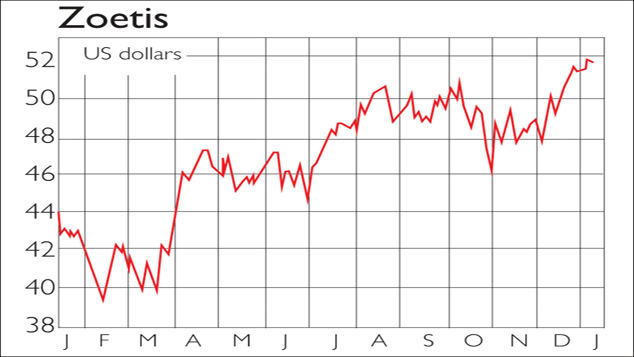
Pet retailers have bucked the trend of disappointing high-street sales. In the UK, Pets At Home (LSE: PETS) now has 427 branches nationwide. Earnings per share climbed by 11.2%. It trades on a p/e of 15 and a yield of 3.36%, although earnings growth forecasts for the next couple of years look modest at best.
In the online sphere, investors think US pet pharmacy PetMed Express (Nasdaq: PETS) has put a difficult 2015 behind it. In the last 12 months, the shares, which yield a 3.3%, have risen by a third.
On the veterinary services side, America's VCA, with the comical ticker WOOF, has just been snapped up by Mars (see main story). But Mark Slater, co-founder of Slater Investments, described its London-listed rival CVS Group (LSE: CVSG), as a "fantastic business" that "generates lots of cash"in a recent interview with Merryn Somerset Webb. It's not cheap, but it is growing fast.
Extremely adventurous investors interested in pure plays on the Japanese pet market could do their own research on Japan Animal Referral Medical Center (Tokyo: 6039). This is a micro cap (the market cap is £25m), only listed in 2015 and has very little information available in English.
Get the latest financial news, insights and expert analysis from our award-winning MoneyWeek team, to help you understand what really matters when it comes to your finances.

-
 What do rising oil prices mean for you?
What do rising oil prices mean for you?As conflict in the Middle East sparks an increase in the price of oil, will you see petrol and energy bills go up?
-
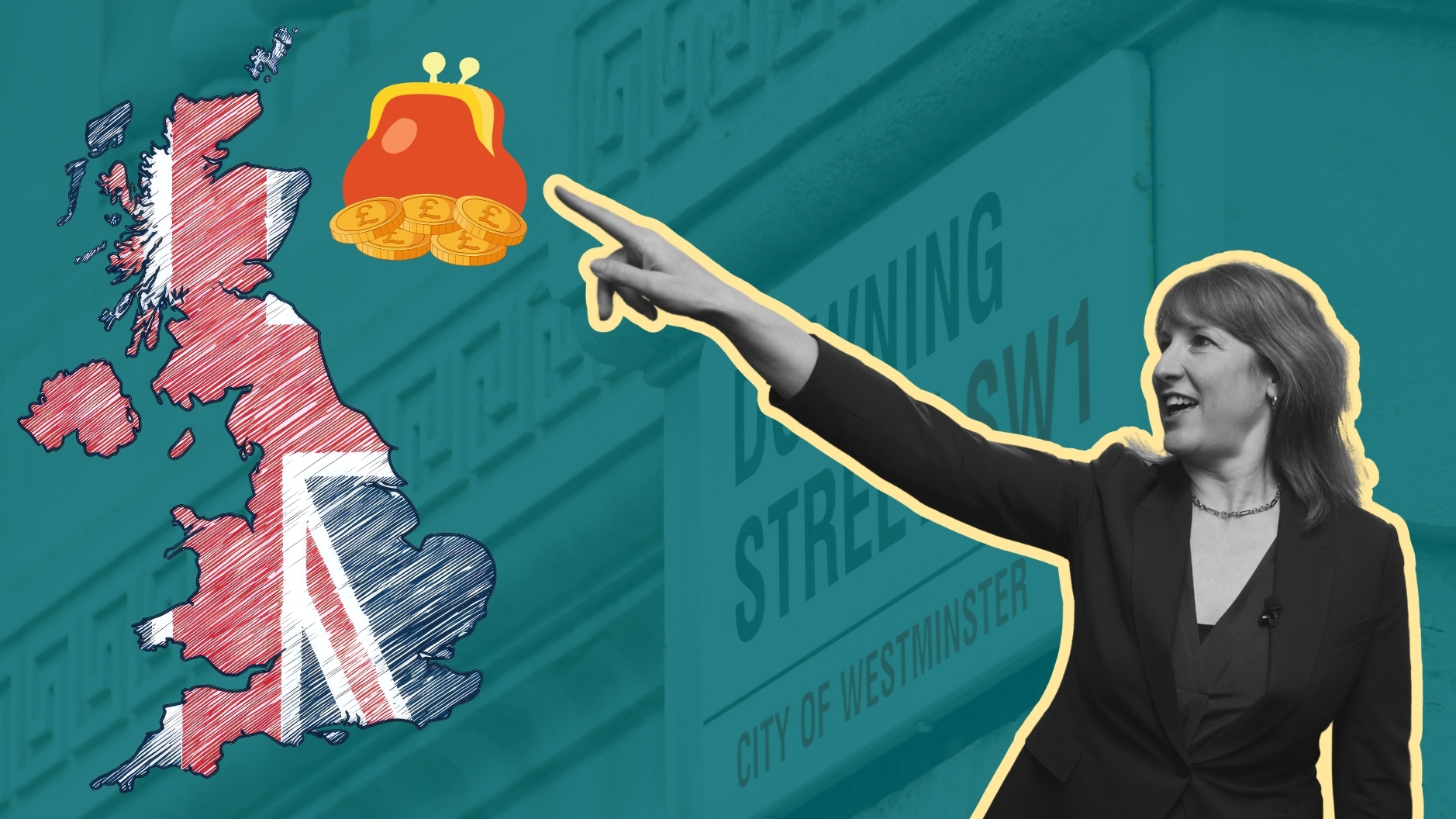 Rachel Reeves's Spring Statement – live analysis and commentary
Rachel Reeves's Spring Statement – live analysis and commentaryChancellor Rachel Reeves delivered her Spring Statement today (3 March). What was announced?
-
 Governments will sink in a world drowning in debt
Governments will sink in a world drowning in debtCover Story Rising interest rates and soaring inflation will leave many governments with unsustainable debts. Get set for a wave of sovereign defaults, says Jonathan Compton.
-
 Why Australia’s luck is set to run out
Why Australia’s luck is set to run outCover Story A low-quality election campaign in Australia has produced a government with no clear strategy. That’s bad news in an increasingly difficult geopolitical environment, says Philip Pilkington
-
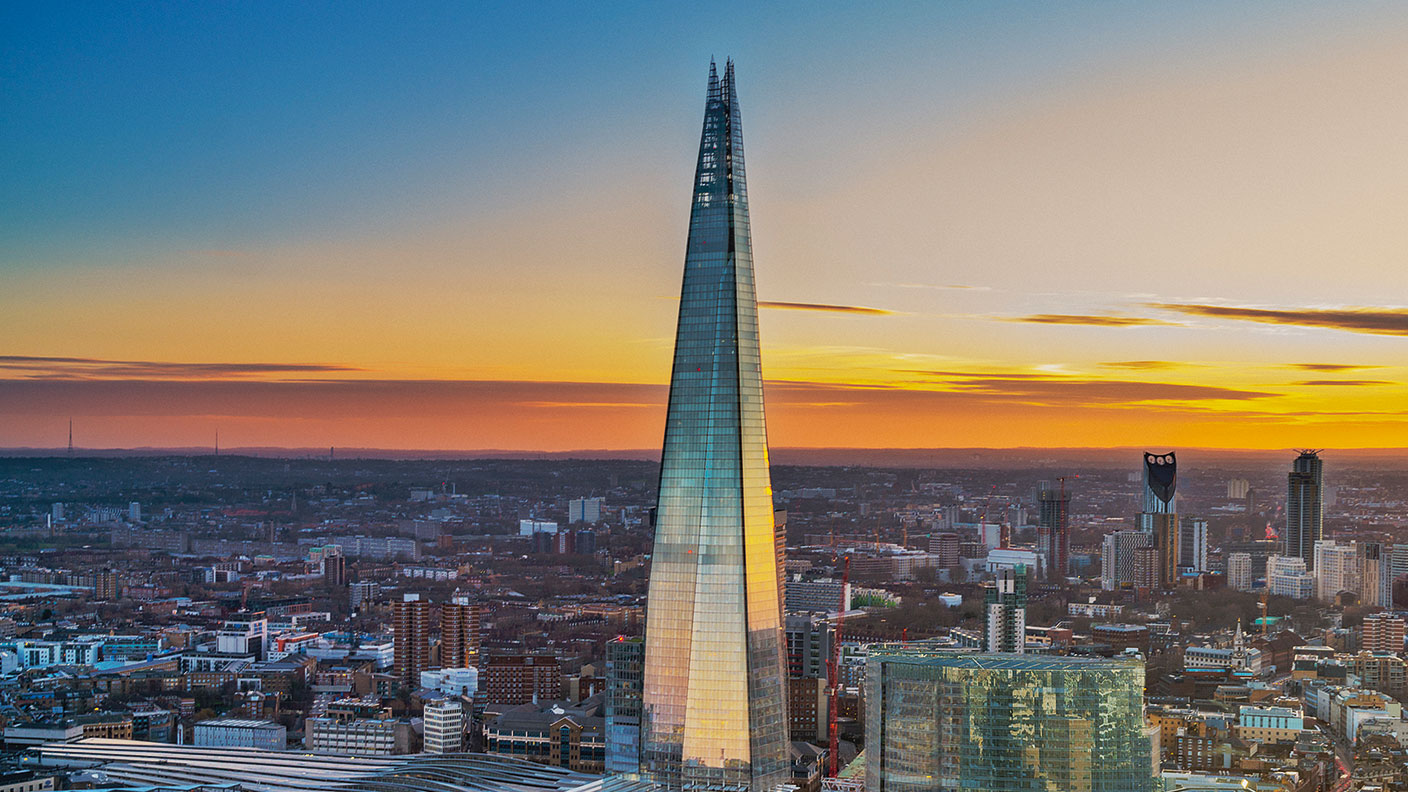 Why new technology is the future of the construction industry
Why new technology is the future of the construction industryCover Story The construction industry faces many challenges. New technologies from augmented reality and digitisation to exoskeletons and robotics can help solve them. Matthew Partridge reports.
-
 UBI which was once unthinkable is being rolled out around the world. What's going on?
UBI which was once unthinkable is being rolled out around the world. What's going on?Cover Story Universal basic income, the idea that everyone should be paid a liveable income by the state, no strings attached, was once for the birds. Now it seems it’s on the brink of being rolled out, says Stuart Watkins.
-
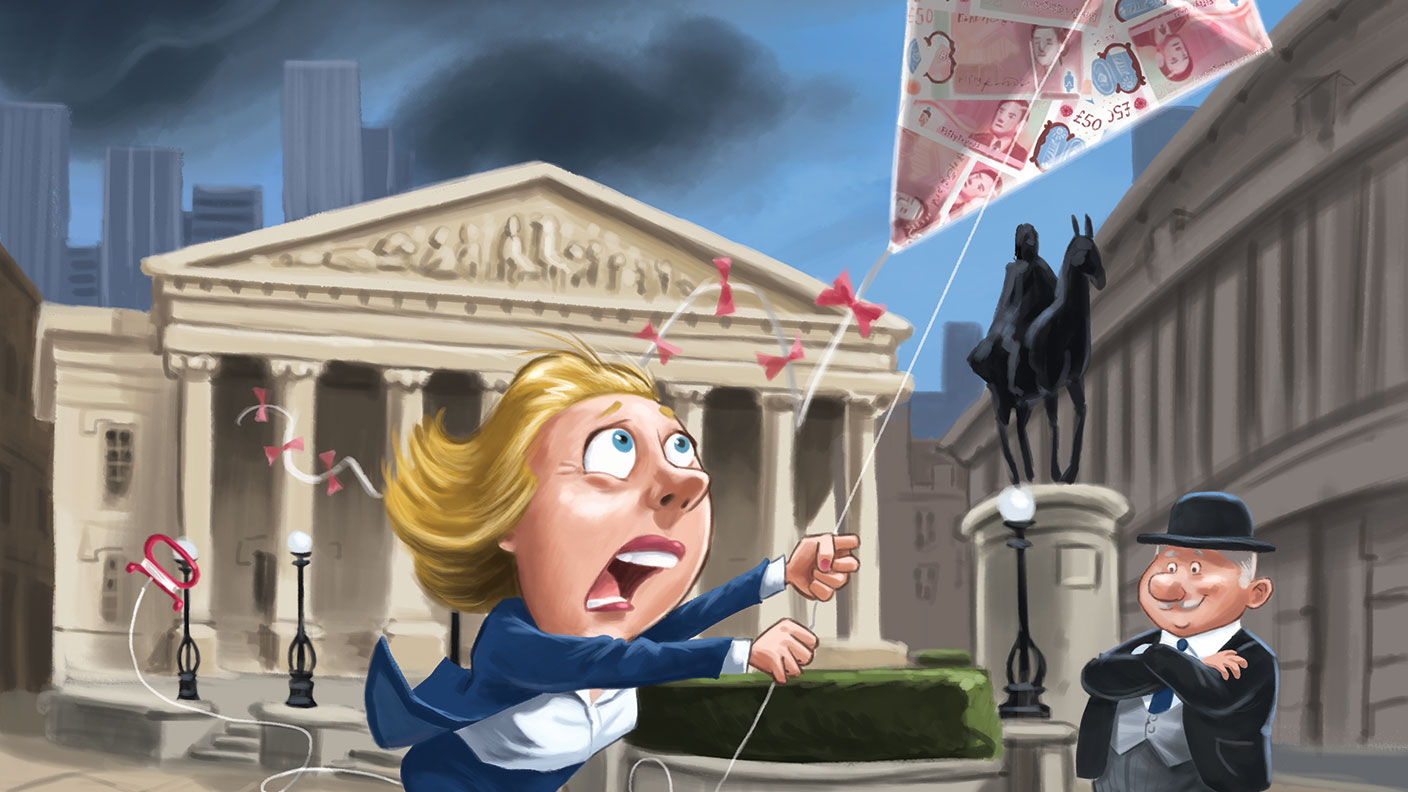 Inflation is here to stay: it’s time to protect your portfolio
Inflation is here to stay: it’s time to protect your portfolioCover Story Unlike in 2008, widespread money printing and government spending are pushing up prices. Central banks can’t raise interest rates because the world can’t afford it, says John Stepek. Here’s what happens next
-
 Will Biden’s stimulus package fuel global inflation – and how can you protect your wealth?
Will Biden’s stimulus package fuel global inflation – and how can you protect your wealth?Cover Story Joe Biden’s latest stimulus package threatens to fuel inflation around the globe. What should investors do?
-
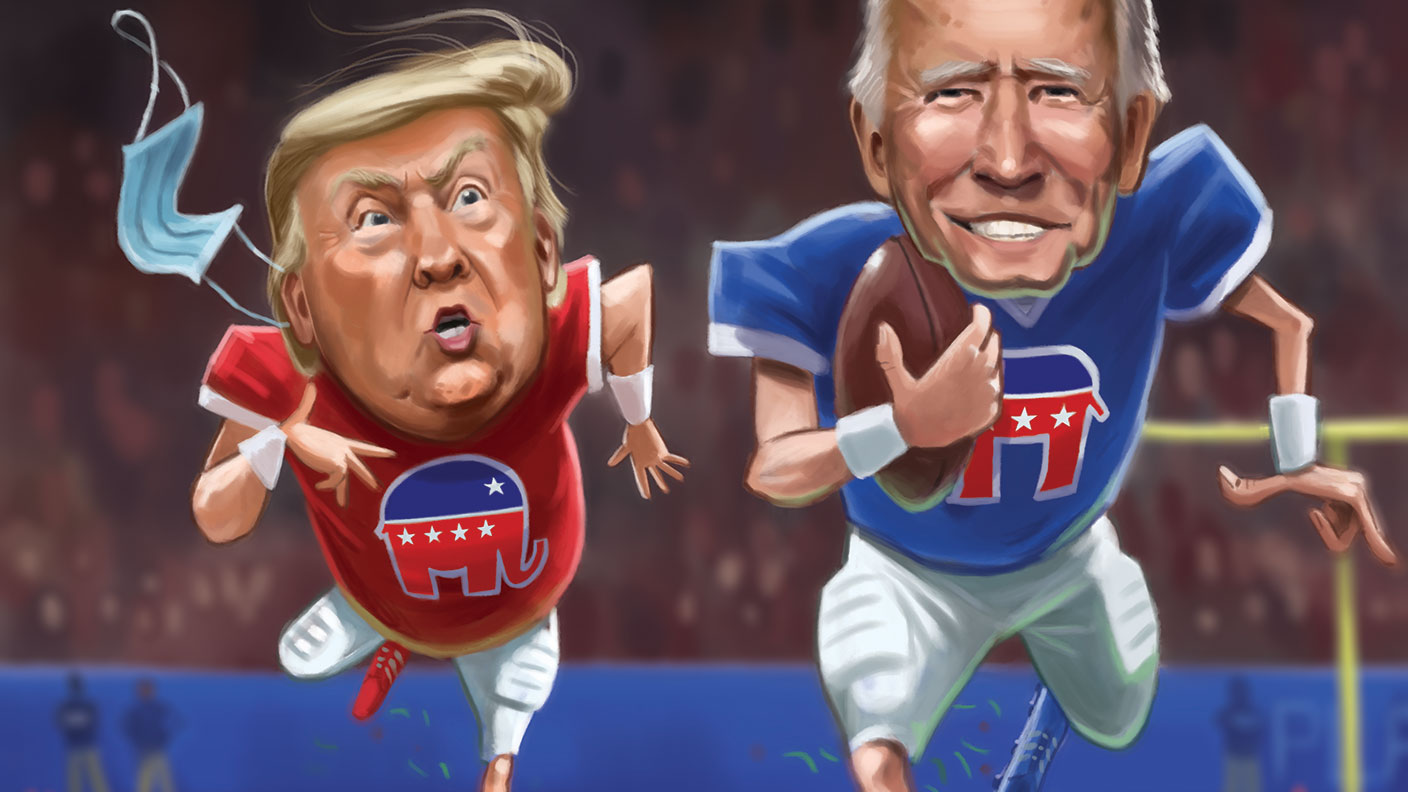 What the race for the White House means for your money
What the race for the White House means for your moneyCover Story American voters are about to decide whether Donald Trump or Joe Biden will take the oath of office on 20 January. Matthew Partridge explains how various election scenarios could affect your portfolio.
-
 What’s worse: monopoly power or government intervention?
What’s worse: monopoly power or government intervention?Cover Story Politicians of all stripes increasingly agree with Karl Marx on one point – that monopolies are an inevitable consequence of free-market capitalism, and must be broken up. Are they right? Stuart Watkins isn’t so sure.